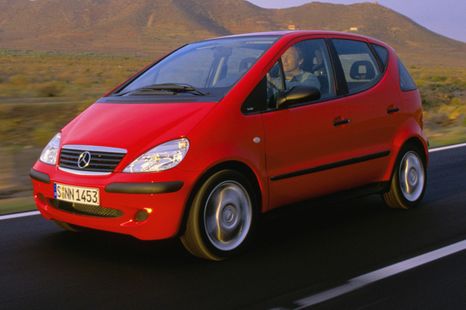

Derek Fung
Next Mercedes-Benz A-Class to channel some of the spirit of the original - report
2 Hours Ago
The European Union (EU) has locked in its petrol and diesel ban for cars, SUVs, and vans. Come 2035 it'll hit, with some choice exceptions.

Contributor
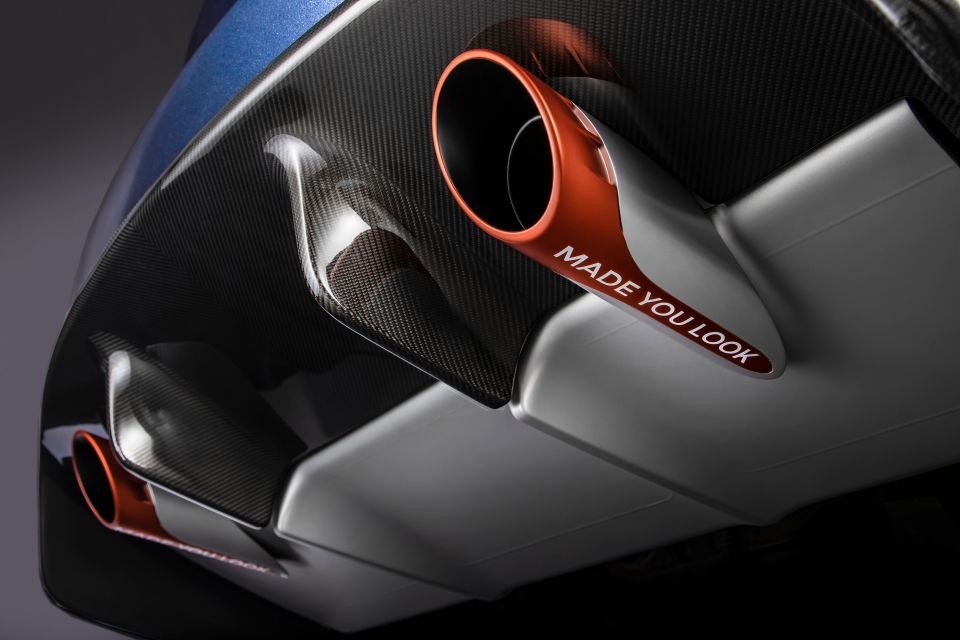

Contributor
The European Union has locked in new regulations that will ban the sale of petrol and diesel cars, SUVs, and light commercial vehicles from 2035, although boutique manufacturers have been handed some concessions.
Niche manufacturers building between 1000 and 10,000 cars per year will be allowed to sell their petrol vehicles for an extra 12 months, opening the door for an extra year of Lamborghini and Ferrari supercars featuring ICE power in some form.
Brands building fewer than 1000 cars per year will be saved from the rules entirely… for now.
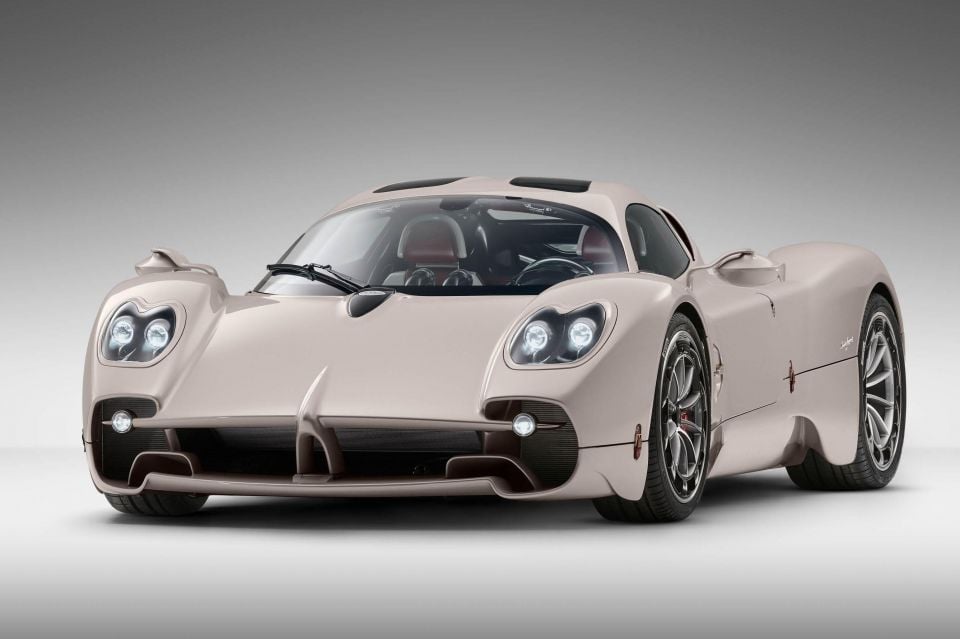
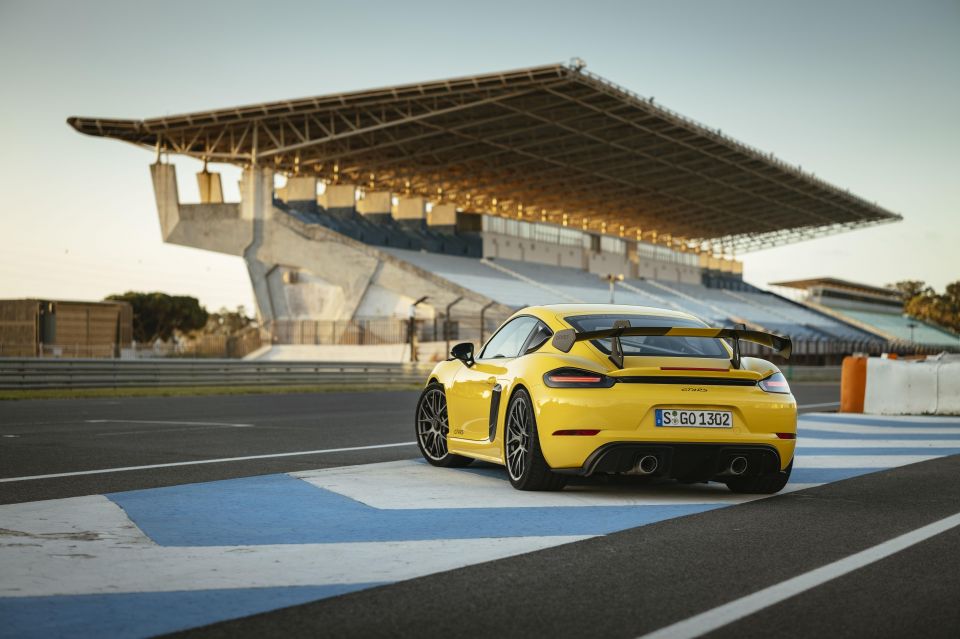
Beyond low volumes, carmakers will also potentially be able to register internal-combustion cars running “exclusively on CO2-neutral fuels after 2035 in conformity with EU law”.
Porsche in particular has pointed to synthetic fuels (also known as eFuels) as a way to keep internal-combustion alive in a heavily emissions-regulated world.
The ban on ICE sales will be preceded by tighter emissions regulations as manufacturers wind down petrol power, and ramp up their electric vehicle sales.
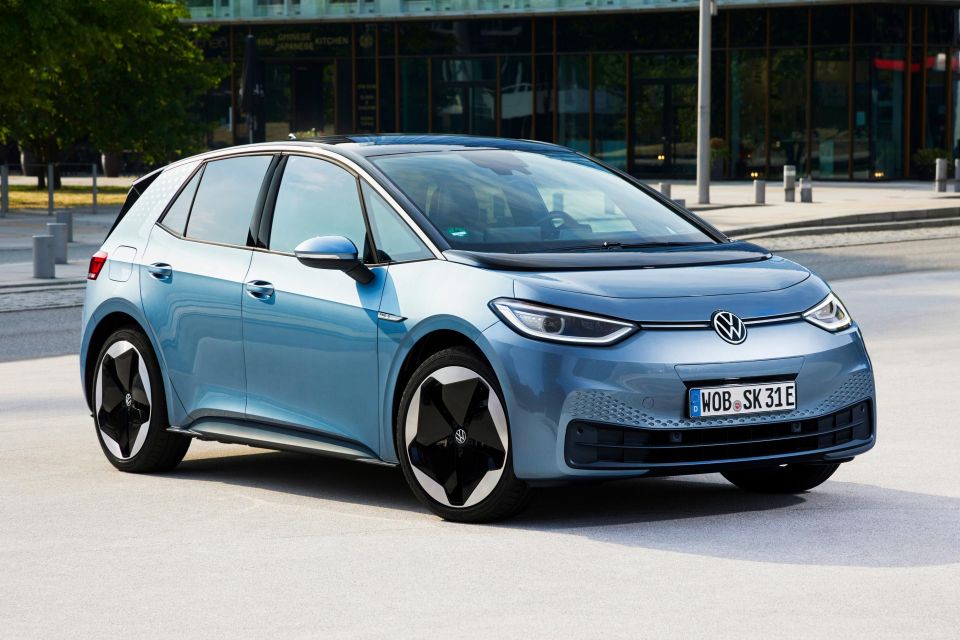
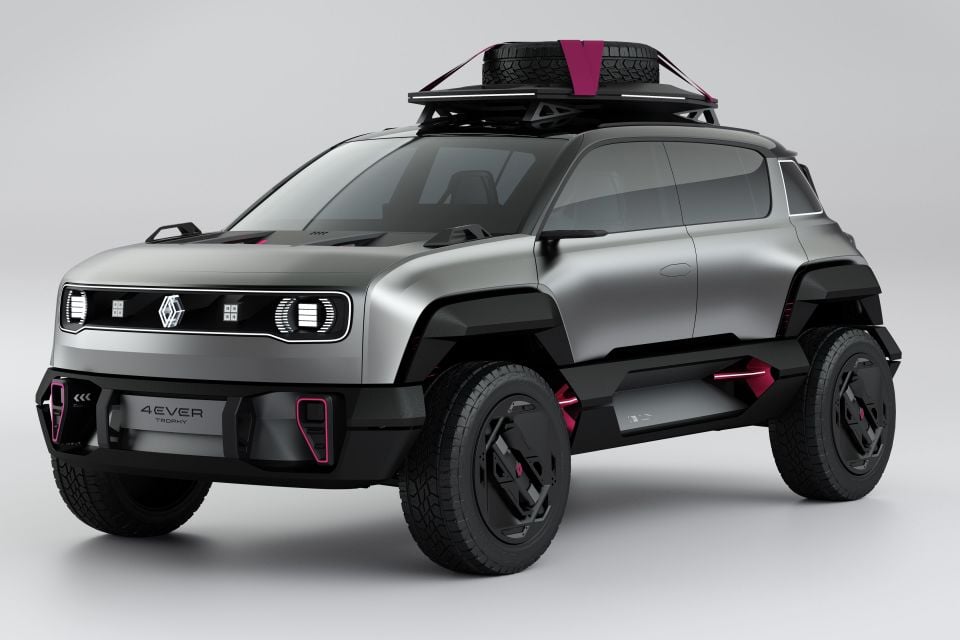
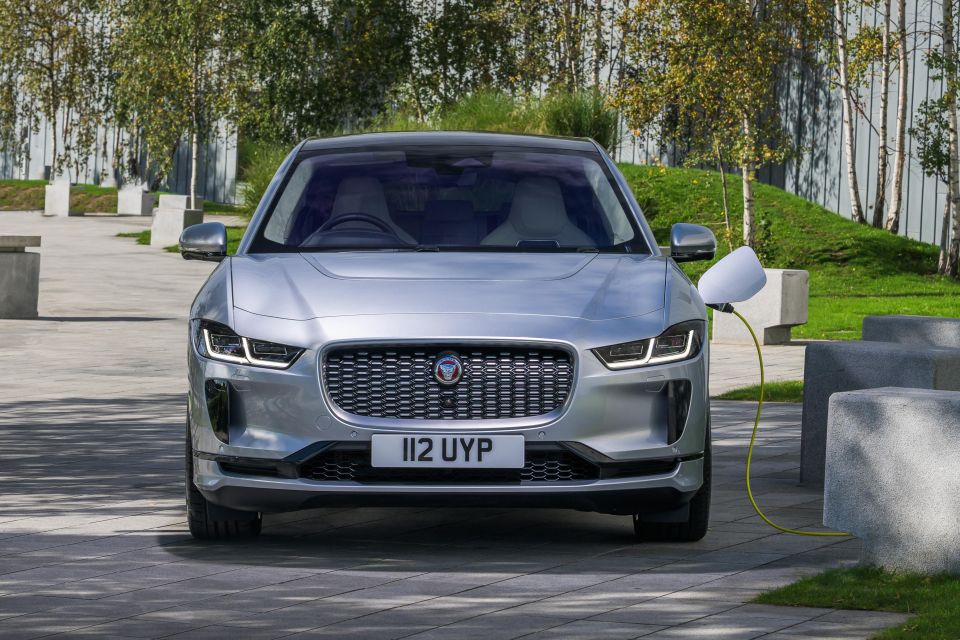
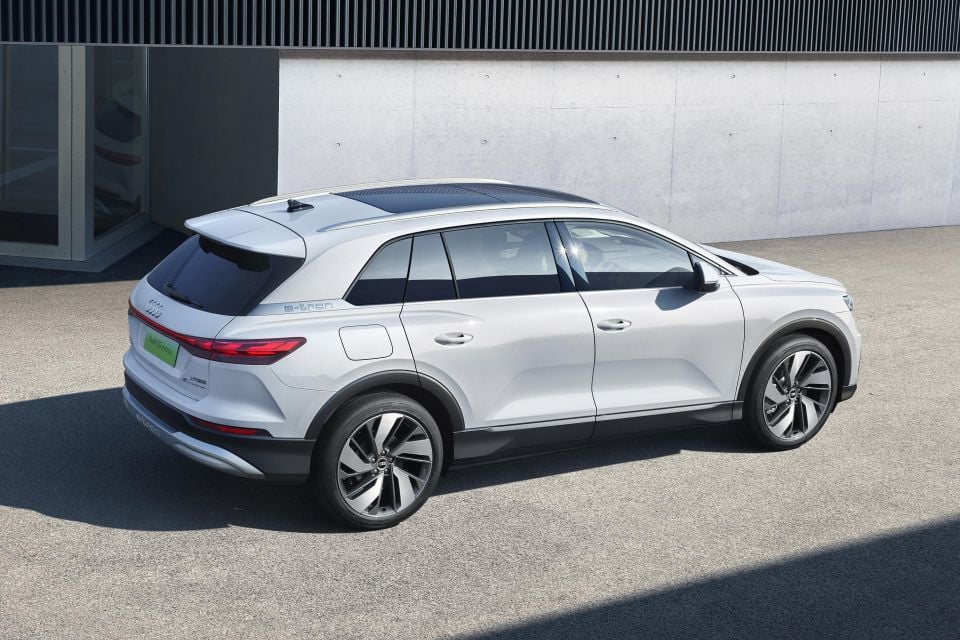
Having foreshadowed a 37.5 per cent reduction in transport emissions relative to 2021 in 2030, the EU is now planning to enforce a 55 per cent reduction.
Carmakers have already started signalling their intentions to end sales of internal-combustion vehicles. Volvo and Renault have committed to ending ICE sales by 2030, Volkswagen will stop in 2033 in Europe, while Jaguar will lead the charge by converting to EV power by 2026.
Industry heavy hitters aren’t universally on board with the move, however.
Carlos Tavares, who heads up the Stellantis group which includes brands ranging from Jeep and Dodge to Fiat and Peugeot, has been outspoken about Europe’s recent automotive policies.
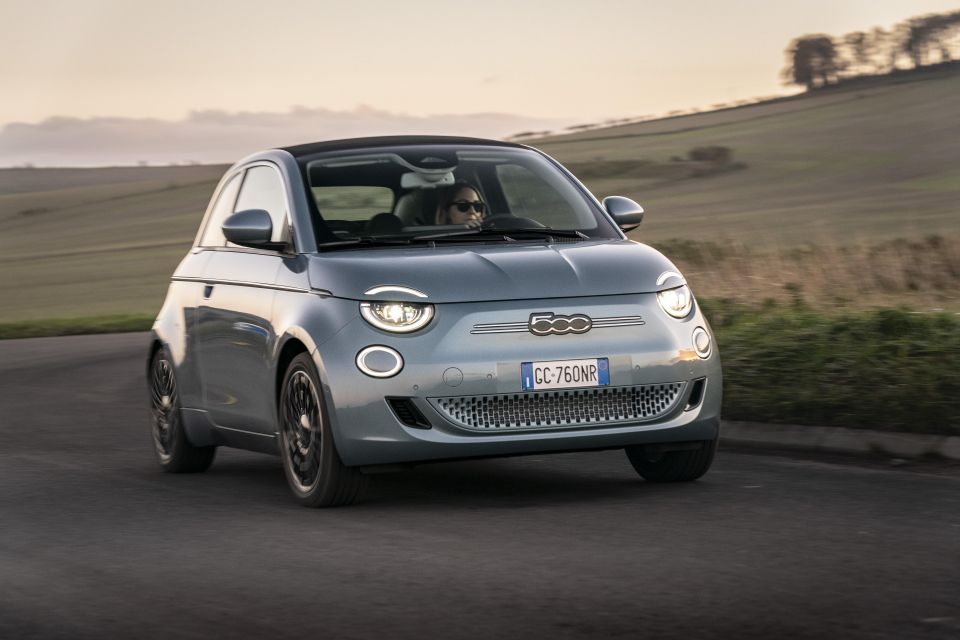
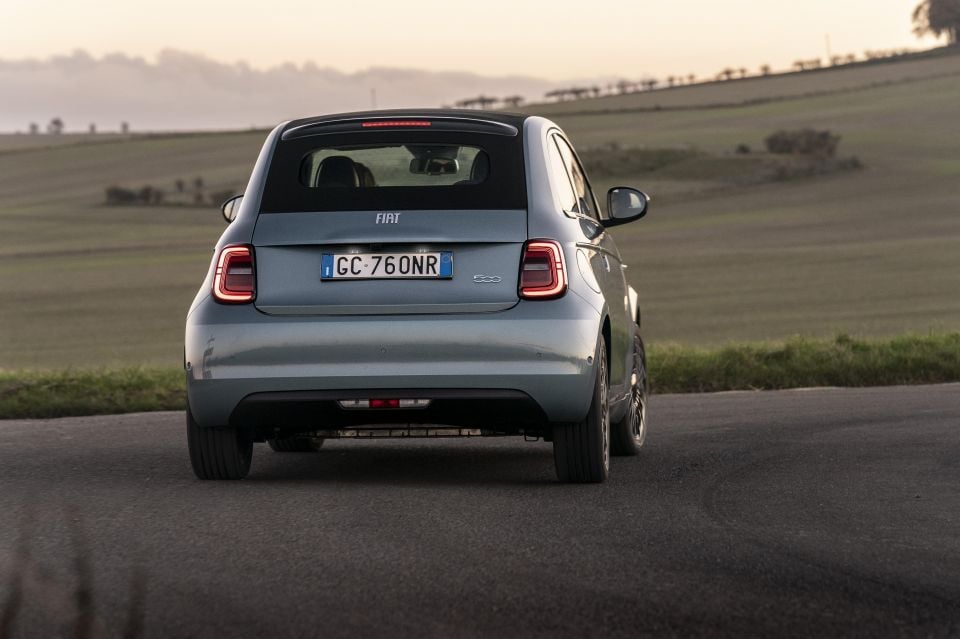
In January 2022, he warned plans to move away from internal-combustion by 2035 are risky.
“What is clear is that electrification is a technology chosen by politicians, not by industry,” he said in a joint interview with Les Echos, Handelsblatt, Corriere della Sera and El Mundo – as relayed via Reuters.
“Given the current European energy mix, an electric car needs to drive 70,000 kilometres to compensate for the carbon footprint of manufacturing the battery and to start catching up with a light hybrid vehicle, which costs half as much as an EV (electric vehicle),” he added.
Just last week he followed up by arguing “the dogmatic decision that was taken to ban the sale of thermal vehicles in 2035 has social consequences that are not manageable”.
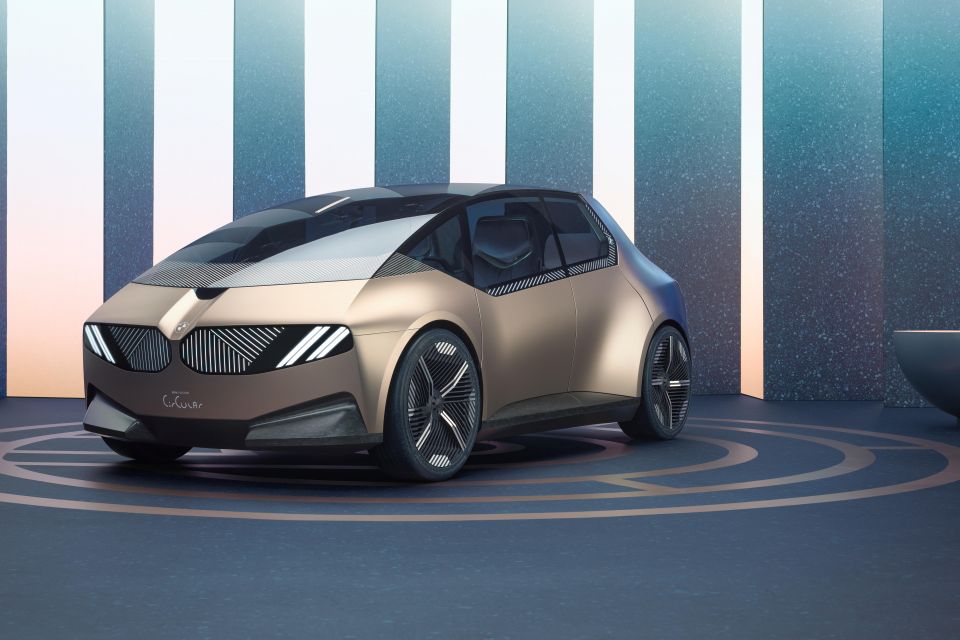
BMW boss Oliver Zipse, speaking on behalf of a lobby group for European carmakers, called for “the framework conditions which are essential to meet this target reflected in EU policies”.
“These include an abundance of renewable energy, a seamless private and public charging infrastructure network, and access to raw materials,” Mr Zipse said, as reported by Automotive News Europe.
Scott Collie is an automotive journalist based in Melbourne, Australia. Scott studied journalism at RMIT University and, after a lifelong obsession with everything automotive, started covering the car industry shortly afterwards. He has a passion for travel, and is an avid Melbourne Demons supporter.


Derek Fung
2 Hours Ago
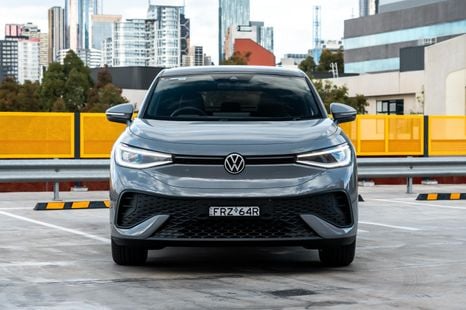

James Wong
9 Hours Ago
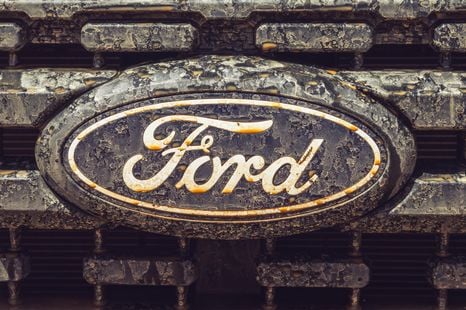

Damion Smy
14 Hours Ago
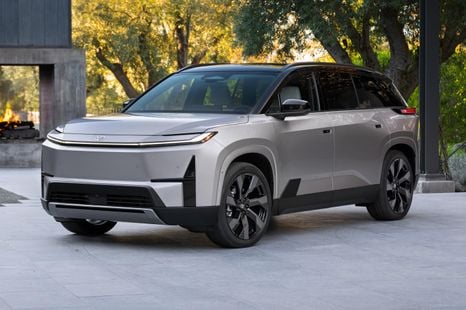

Damion Smy
15 Hours Ago


Ben Zachariah
17 Hours Ago
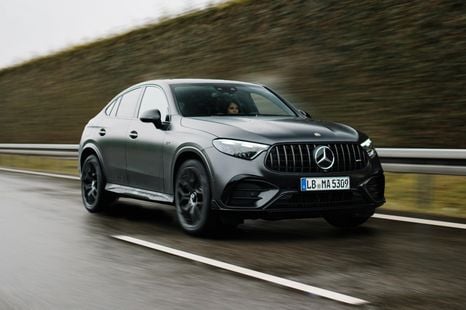

William Stopford
18 Hours Ago
Add CarExpert as a Preferred Source on Google so your search results prioritise writing by actual experts, not AI.